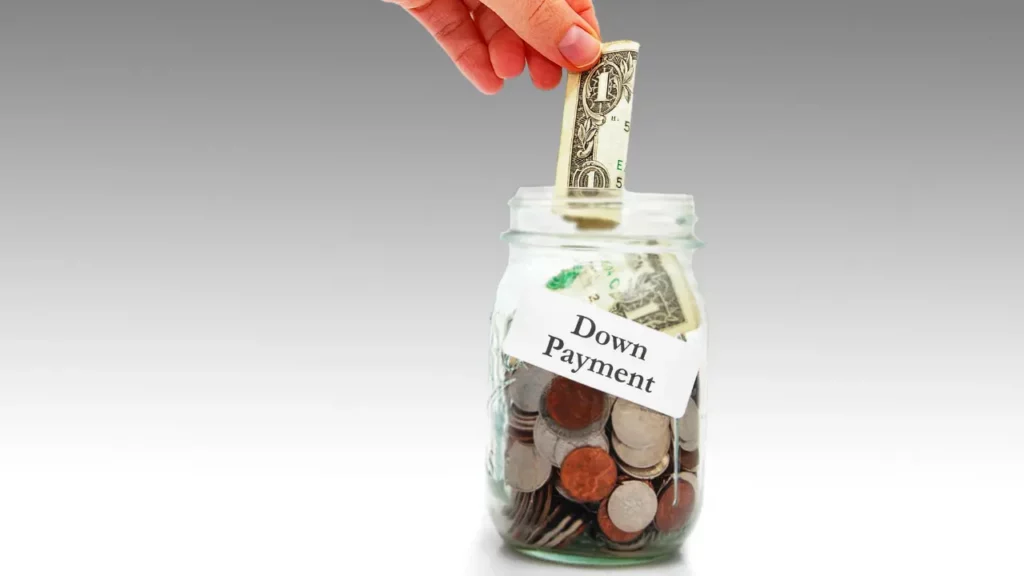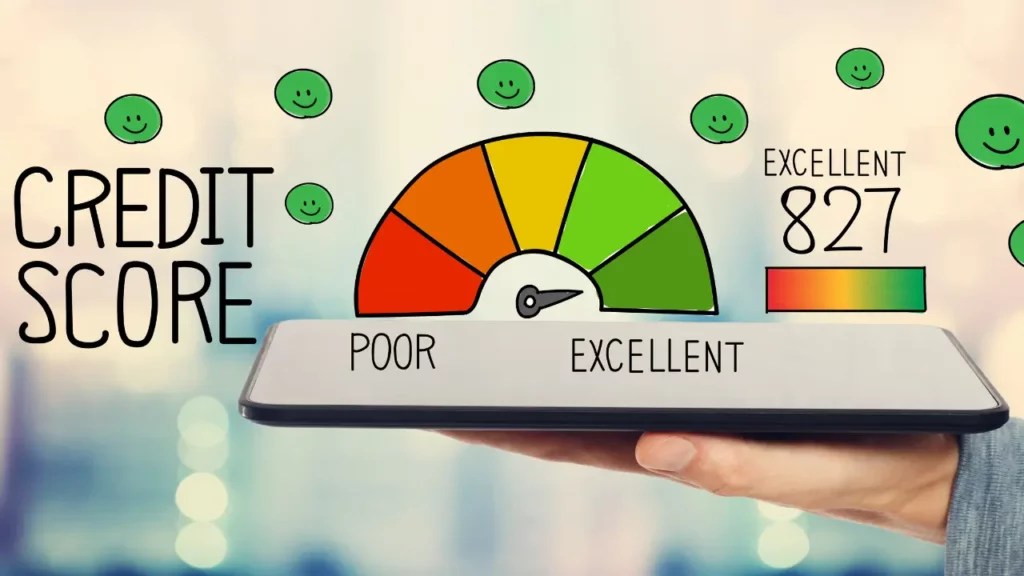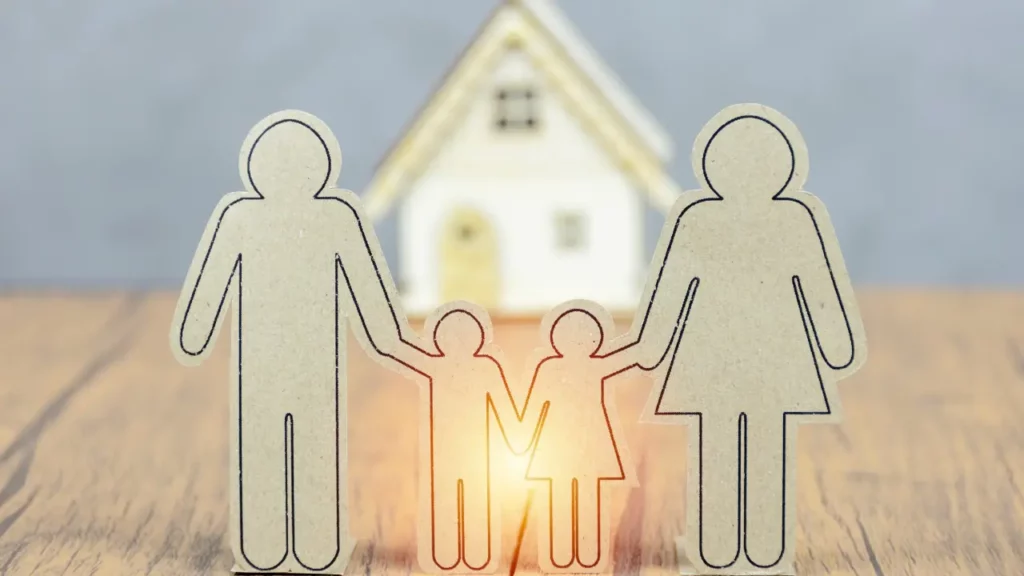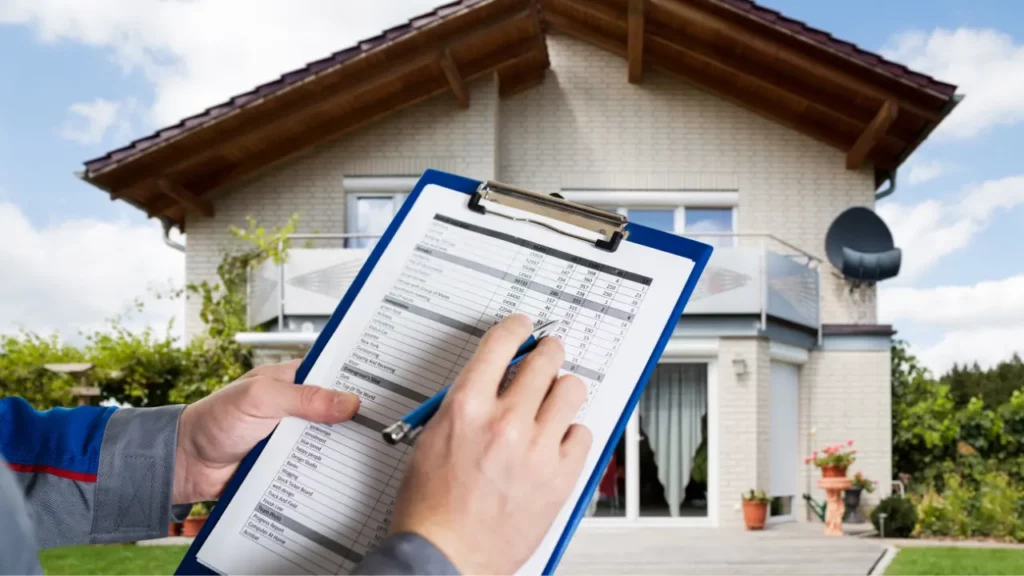12 Most Common Homebuyer Questions
Buying a home is a big decision – maybe the biggest you’ve ever made. It’s normal to have a lot of questions. Am I getting the best deal? How can I be sure this is the right house for me? Where do I even begin?
Don’t worry; you’re not alone. Every homebuyer has these same questions and more. In this blog post, we’ll answer some of the most common questions that homebuyers have. By the end, you’ll better understand the home buying process and what to expect.
1. Do I Really Need a Realtor When Buying a House?

Although a real estate agent isn’t required. There is a huge benefit to having one. Here are five reasons why you should have a real estate agent during the home-buying process:
1) They have access to MLS listings.
The Multiple Listings Service, or MLS, is a database of all properties for sale in an area that is only accessible to real estate agents and brokers. This means that if you’re working with a realtor, they will be able to show you any and every house that meets your search criteria—including some that might not be listed on public sites like Zillow.
2) They know the ins and outs of the home-buying process.
If this is your first time buying a house, the process can feel overwhelming. Between arranging financing, getting a home inspection, and dealing with contracts, there’s a lot to think about—and that’s not even including the emotional rollercoaster that is finding your dream home. A good realtor will be able to guide you through the entire process, answering any questions you have along the way.
3) They can help you figure out what you can actually afford.
It’s easy to get caught up in the excitement of buying a house and start considering properties that are outside of your budget. A realtor will be able to help you figure out how much house you can actually afford based on your income, debts, and other financial factors—which brings us to our next point…
4) They’re experienced negotiators.
Once you’ve found your dream home (with your realtor’s help), it’ll be time to make an offer. If you’re working with a realtor, they will do the negotiating for you—leaving you free to focus on other things, like packing up your old place and getting ready for the move.
5) They have connections with other professionals in the industry.
Realtors have worked with mortgage brokers, inspectors, and other professionals in the industry countless times before—which means they know who the good ones are (and who to avoid). If you’re working with a realtor, they’ll be able to connect you with high-quality professionals who can make the home-buying process that much easier.
2. Who Pays the Realtor Fees When Buying a Home?
In most cases, the seller pays the realtor fees. The commission is typically 6% of the home’s sale price and is paid at closing. The commission is split between the listing agent and the buyer’s agent, with each agent usually receiving about 3% of the sale price.
3. What is the First Step of the Home Buying Process?
The first step in purchasing a home is getting pre-approved for a mortgage.
What is pre-approval? Simply put, being pre-approved for a mortgage means that a lender has looked at your financial information (income, debts, etc.) and has determined that you are qualified to borrow a certain amount of money. Being pre-approved gives you a general idea of how much you can afford to spend on a home and can also give you more negotiating power when it comes time to make an offer.
In order to get pre-approved, most lenders will require the following:
- A completed mortgage application with all pertinent financial information
- A credit report showing your credit score
- Proof of income in the form of tax returns, W2s, or pay stubs
- Employment verification
- An appraisal of the property you intend to purchase (this is usually done after an offer has been accepted)
Once you’ve chosen a lender, it’s time to start the pre-approval process! Your loan officer will collect all of the necessary documentation and will likely ask you some questions about your employment history, your debts, and your financial goals. Once they have everything they need, they will run a credit check and verify your employment status. The whole process usually takes between 24 and 48 hours. After that, you should receive formal notification from the lender stating that you are pre-approved for a mortgage in a certain amount. Remember, being pre-approved is not the same as being approved; the final decision will be made once an offer on a home has been accepted, and the property has been appraised. However, being pre-approved is still an important first step in purchasing a home!
4. How Much Can I Afford?
This is one of the first questions that homebuyers ask, and it’s a valid one. You don’t want to overspend on your house and find yourself struggling to make ends meet every month. The best way to figure out how much you can afford is to talk to a mortgage lender. They’ll take a look at your financial situation and let you know how much you qualify for. From there, you can start looking at homes in your price range.
5. How Much Should I Save For a Downpayment?

The average down payment on a house in the United States is 6%. However, this number will vary depending on the type of home you’re looking to buy and where you’re looking to buy it. For example, if you’re planning on buying a starter home in a small town, your downpayment could be as low as 3 percent. On the other hand, if you’re looking to buy a luxury home in New York City, your downpayment could be as high as 25 percent.
The minimum amount you can put down on a home will depend on the type of mortgage loan you’re applying for. For conventional loans, you’ll need at least 5 percent of the purchase price for a downpayment. If you’re applying for an FHA loan, however, your minimum downpayment will be 3.5 percent.
6. What Kind of Credit Score Do I Need to Buy a Home?

The minimum credit score required for a mortgage varies depending on the type of loan you’re applying for. For a conventional loan, you’ll need a credit score of at least 620. However, if you’re applying for an FHA loan, you can qualify with a credit score as low as 580.
Keep in mind that these are just the minimum scores required to qualify for a loan. If your credit score is on the lower end of the spectrum, you may still be approved for a loan, but you may have to pay a higher interest rate. Conversely, if your credit score is on the higher end, you may be eligible for lower interest rates and more favorable loan terms.
7. How Long Does It Take to Buy a House?

The answer to this question depends on a number of factors, including whether you’re buying a newly constructed home or an existing home, whether you’re buying with cash or taking out a loan, and what type of loan you’re taking out.
If you’re buying an existing home that’s already been built, you can generally expect to close on the house within 30-45 days after your offer has been accepted by the seller. If you need to take out a mortgage loan in order to finance your purchase, it may take slightly longer as your loan will need to be approved by the lender before closing can take place.
If you’re buying a newly constructed home, however, it may take anywhere from 60-90 days to close on the sale as there are typically more inspections that need to be done in order to ensure that the property meets all building codes and regulations. Additionally, newly constructed homes often require extra time for financing as construction loans are typically more complex than traditional mortgages.
8. How Much Do I Need to Pay For Closing Costs?
Closing costs are fees associated with buying a home, and they typically range from 3-6% of the purchase price. These costs cover things like inspections, legal fees, and title insurance. When you’re calculating how much you can afford, make sure to factor in closing costs, so you don’t get blindsided later on in the process.
9. Should I Get a Home Inspection?

A home inspection is an examination of the condition of a property. A professional inspector will take a close look at all of the accessible systems and components of the property, from the foundation to the roof, and will identify any items that are not functioning properly or that are in need of repair or replacement. The inspector will also provide you with a written report detailing their findings.
There are many reasons why you should get a home inspection when buying a home. First and foremost, a home inspection can identify potential safety hazards. The inspector will look for things like trip hazards, electrical hazards, and gas leaks. Second, a home inspection can help you avoid costly repairs down the road. The inspector will identify any major defects or problems that need to be addressed. Third, a home inspection can give you peace of mind. Knowing that your new home is in good condition will allow you to enjoy it for years to come.
10. Can I Buy and Sell My Home at the Same Time?
You’ve found your dream home. It’s perfect in every way, and you can’t wait to move in. But there’s just one problem: you still need to sell your current home. Is it possible to buy and sell a home at the same time? The answer is yes, but it’s not without its challenges.
The first thing you need to do is find a real estate agent who is experienced in handling simultaneous purchases and sales. They will be able to help you navigate the challenges that come with trying to coordinate two closings, which can be tricky since they are often scheduled for the same day. You will also need to be prepared for the possibility that your sale may fall through or that the buyer of your current home may ask for a delay in their closing date, which could push back the purchase of your new home.
Another thing to keep in mind is that you will likely need to secure financing for both the purchase and sale of your homes before you put them on the market. This means getting pre-approved for a mortgage and having a loan contingency clause included in your purchase contract so that you can back out of the deal if your financing falls through. Lastly, be prepared for a lot of paperwork! Buying and selling a home at the same time means twice as many contracts, disclosures, and other documents to keep track of. But don’t worry; your real estate agent will be there to help you every step of the way.
11. When Do I Get the Keys?

Closing day is when the homebuyer and seller sign all of the necessary paperwork to finalize the sale of the home. Once all of the paperwork is signed, and the final payment is made, the title to the home will be transferred to the buyer. The buyer will then receive the keys to the property.
Sometimes, the seller may agree to give the buyer a possession date before closing. This means that the buyer can move into the home before the sale is finalized. However, possession dates are not very common and usually only happen when the seller needs extra time to move out of the home.
12. What Happens If I Change My Mind About a Home?
You’ve found your dream home. The perfect neighborhood, the perfect school district, and it’s within your budget. You put in an offer, and it’s accepted. The seller takes their home off the market, and you start planning for your future in this new house. But then, something happens. You start to have doubts. Can you really afford this house? What if there are hidden problems with the property? Can you back out of the contract?
The good news is that you can back out of a real estate contract under certain circumstances—but it’s not as simple as just changing your mind. If you’re having buyer’s remorse, you should talk to your agent.
Your real estate agent is obligated to represent your best interests throughout the home-buying process. If you’re having second thoughts about the property you’re under contract for, sit down with your agent and explain your concerns. They may be able to help allay your fears or provide insights that you hadn’t considered.
Buying a home can be a big decision, but it doesn’t have to be overwhelming. By arming yourself with knowledge and working with experienced professionals, you can confidently navigate the process from start to finish. If you have any more questions that we didn’t cover here, or if you’re ready to start shopping for your new home in Middle Tennessee, feel free to contact us today! We would be more than happy to help.
